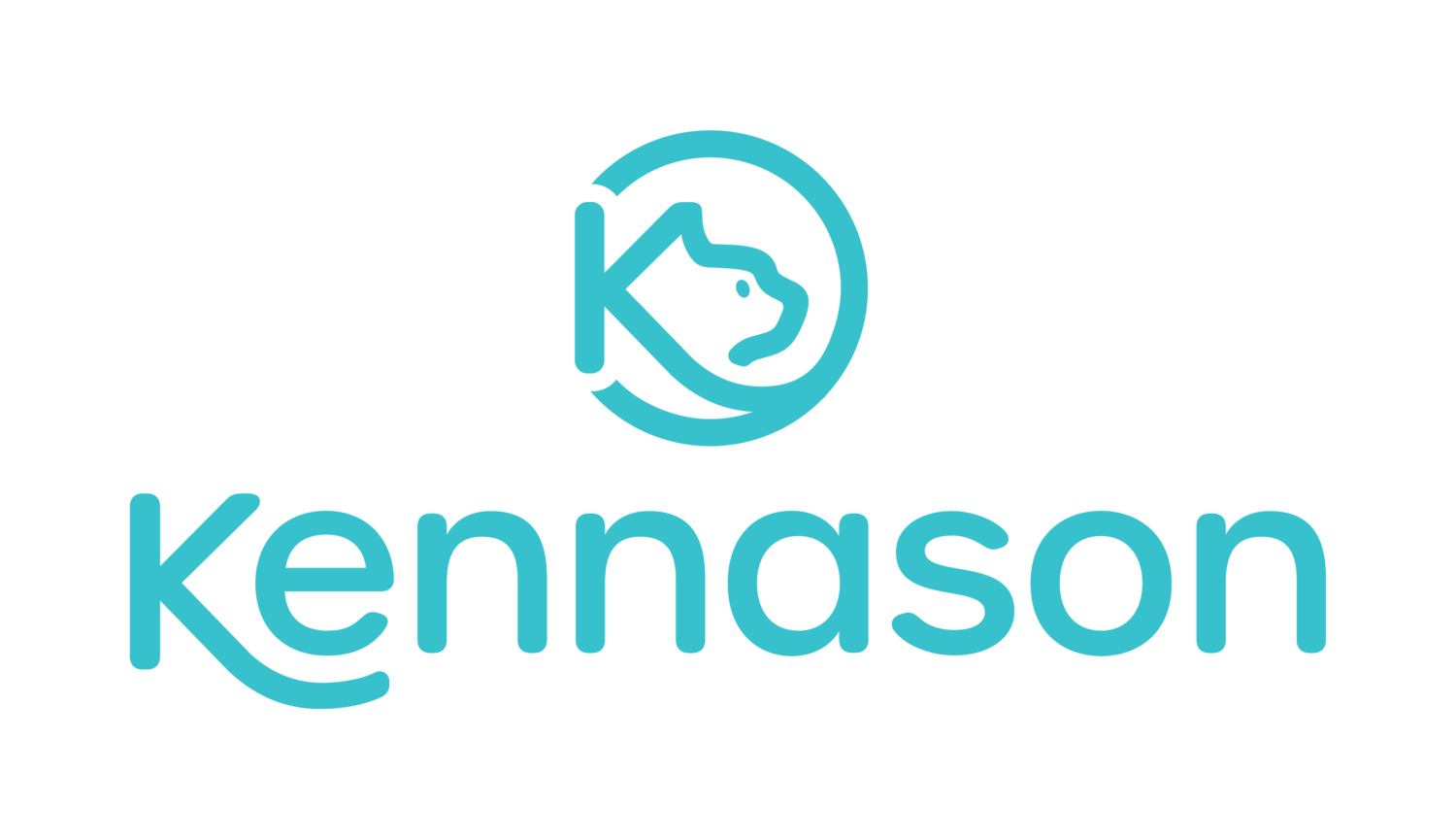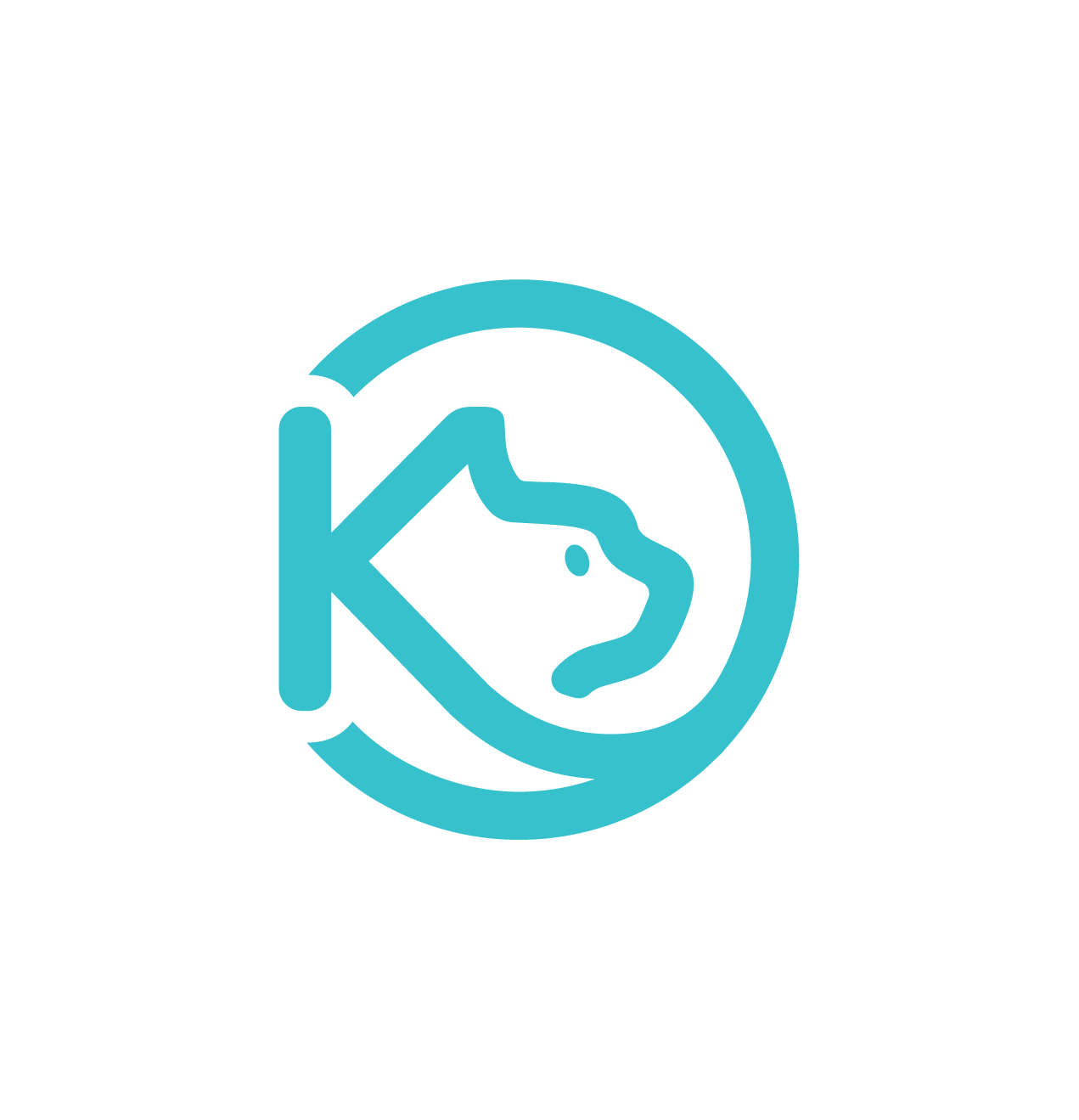How to hire a freelance UX consultant
Let me first say: everyone’s company and context are different, so this might not be the step-by-step guide you wish it were. But that’s okay! This list is a starting place for anyone seeking UX freelance assistance for their organization.
So, what can you think through before calling in UX help?
What kind of UX insights do you need?
In short, why are you seeking UX expertise? The kind of insights that you need are often tied to important business or product decisions that must be made, or specific problems to be fixed.
If you write your biggest needs in a few bullet points, that will clarify your own thinking and help you align with a UX consultant who has relevant experience, specialization, and interests. A helpful question is whether you’re in a tactical mode or a strategic mode, or both.
Tactical insights often support UX fixes to the current product or service.
Strategic insights often influence new products, features, initiatives, and business decisions.
If the needs are fuzzy, you can work with a UX consultant on a collaborative workshop or smaller discovery phase to help clarify priorities and define the scope for a larger research effort.
How defined is the research plan?
Based on the kinds of insights you need, a good consultant can help you identify the research methods that are the best fit. If you have no research plan yet, make sure you work with a consultant who has the experience to recommend how to efficiently and thoughtfully carry out the research. Once the research plan is established, sometimes consultants are then more advisory to help guide your team, or they may be totally executing the research for you.
Or, you may already have an idea of a research plan, but need an expert to carry it out. For example, sometimes clients will say something like “We want a journey map to understand why people aren’t converting to the paid subscription after their free trial ends” or “We want research interviews with this specific group of under-engaged customers to decide whether we should launch a different offering for them.” Scoping these projects is more about ironing out the details together, with the consultant then leading the project.
Other times, the role of the consultant may be to expand the internal research team’s capacity. You can think of the consultant in this case as a trusted pair of hands to carry out an effort, plugging in as freelancers. In these situations, the client tends to have a well-defined need to fill.
What is your timeframe?
Is there a milestone on a certain date, month, or quarter that you’re working toward? Sometimes this is working backward in the calendar from something like a feature launch, a well-attended conference, or a specific stakeholder meeting. A great consultant can recommend a research strategy to prioritize learning the information and insights you need for that milestone.
If it’s possible to think at least a few weeks ahead, it will be easier to find the right consultant for the job, and we’re more likely to be able to save availability for the work!
How will you structure the consultant relationship?
If you’re looking for someone to come in full time for a bit, you are really looking for a contractor or temporary employee. Some consultants take on that kind of engagement and others don’t, so it makes sense to be very clear about that expectation upfront!
Many UX consultants use project rates, so you’ll scope out the project together in detail and decide on a flat fee. This is a great option because you work out the fuzziness early, and there are set expectations for time, cost, and deliverables.
Other engagements may be better suited for an hourly rate, day rate, or retainer — especially if the consultant is plugging into the team as an advisor or extra pair of freelance hands.
What’s the budget?
Knowing the desired or approved budget range is incredibly helpful for scoping the engagement, and everyone being upfront about the numbers prevents wasting too much time on the wrong conversations. UX Strategy is an investment, but tends to pay off incredibly. The good news is that by being clear upfront on the project needs and priorities, you can find a trusted consultant and get the most strategic value from the work!


